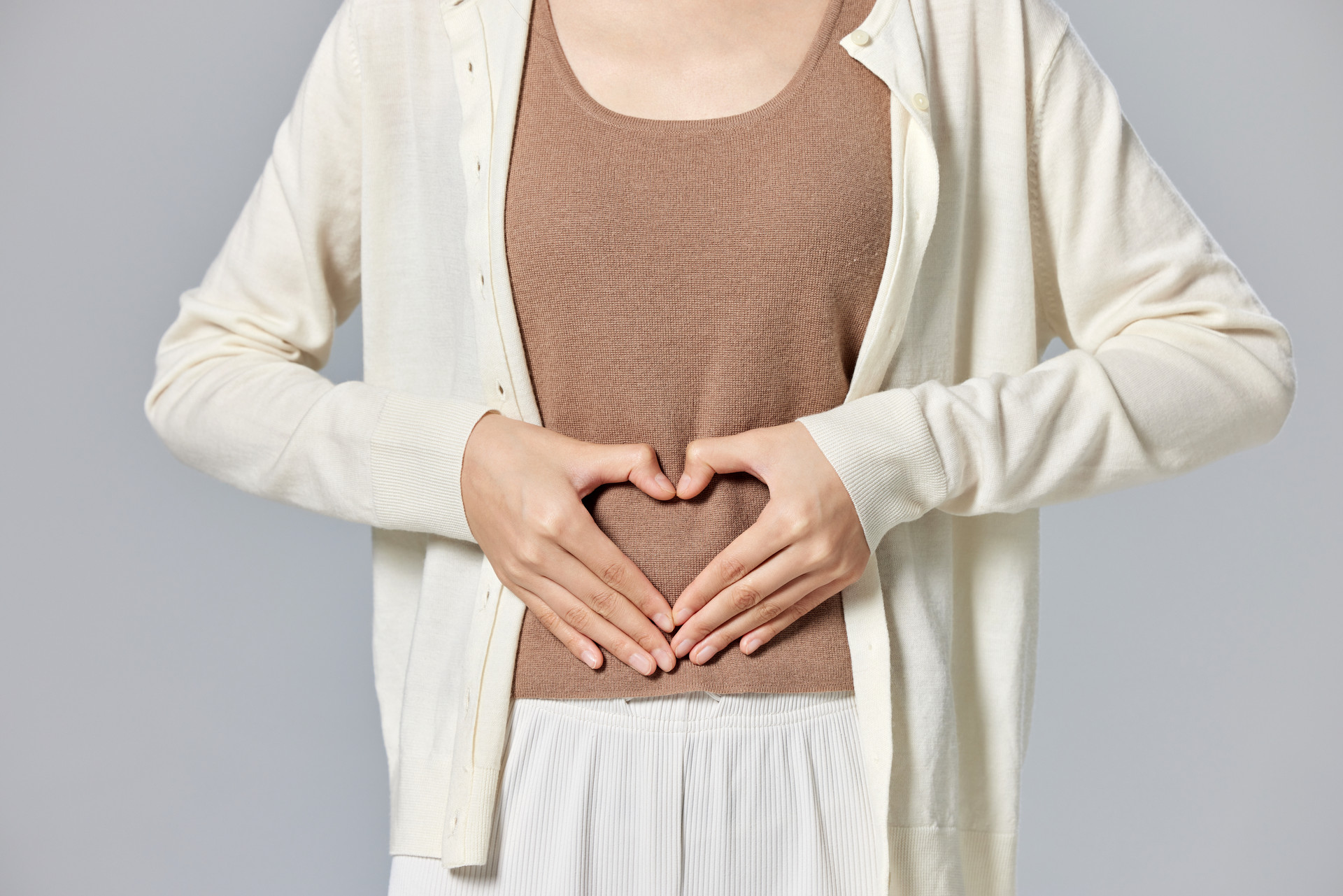"Endometriosis" is the main culprit behind severe menstrual pain in women. The lesions of endometriosis can spread throughout the body through the bloodstream. When they reach the lungs, it can cause "pneumothorax" during menstruation, leading to symptoms such as difficulty breathing, coughing up blood, and nosebleeds. The exact cause of endometriosis is still unknown in the medical field, but it is generally believed to be closely related to retrograde menstruation.
If a patient gets married and becomes pregnant, the ectopic endometrial tissue will shrink, alleviating the condition. Early treatment will not affect a woman's fertility.
Recommendation: Young women should pay sufficient attention to dysmenorrhea and avoid intense physical exercise during menstruation to prevent retrograde menstruation.
"Endometriosis" is the main culprit behind severe menstrual pain in women and is the second leading cause of infertility. Once contracted, it is difficult to cure. After the disease occurs, patients may develop black, pasty, tender "chocolate cysts" in the ovaries. As the condition worsens, the cysts may rupture, leading to uterine adhesions and affecting fertility.






